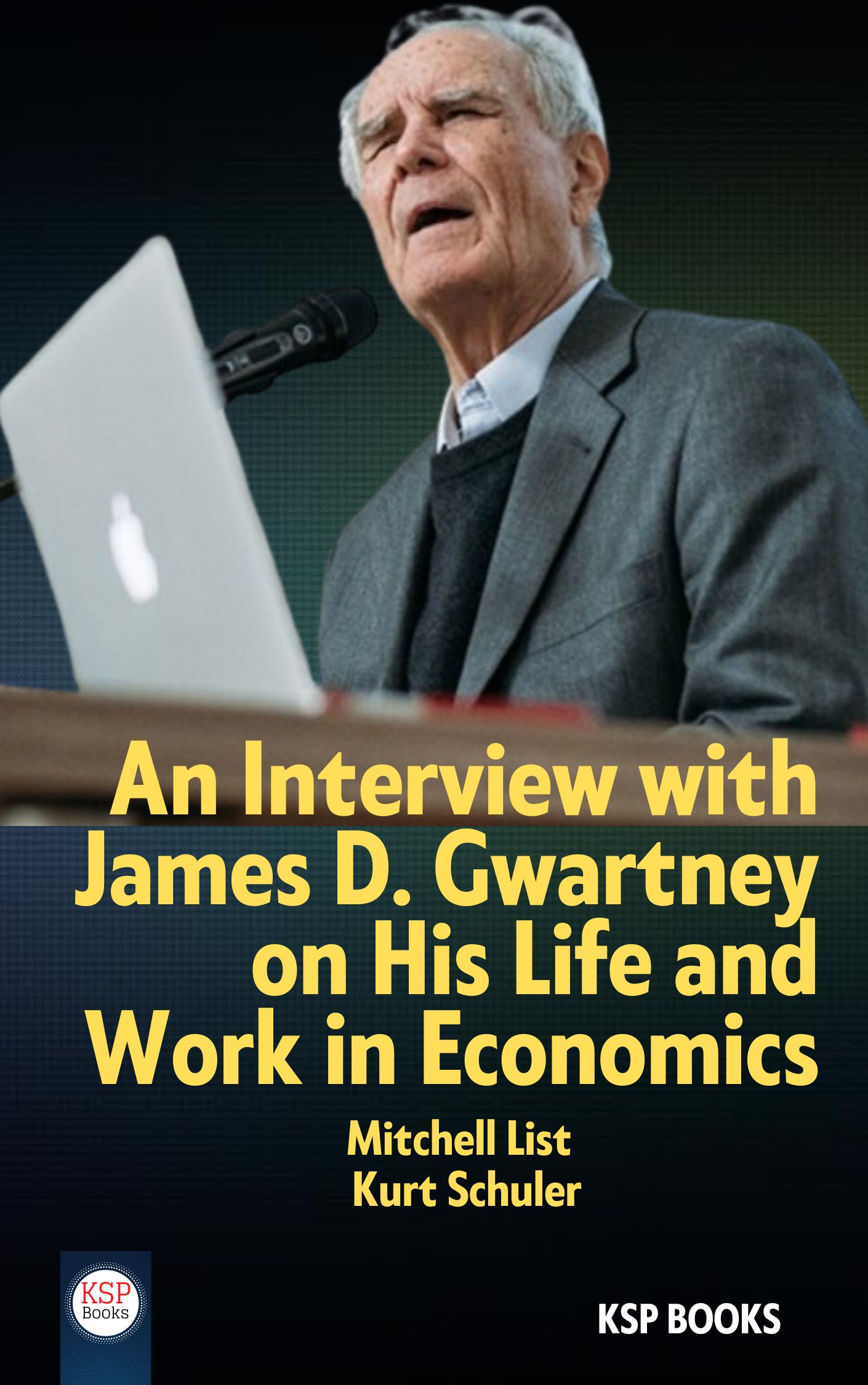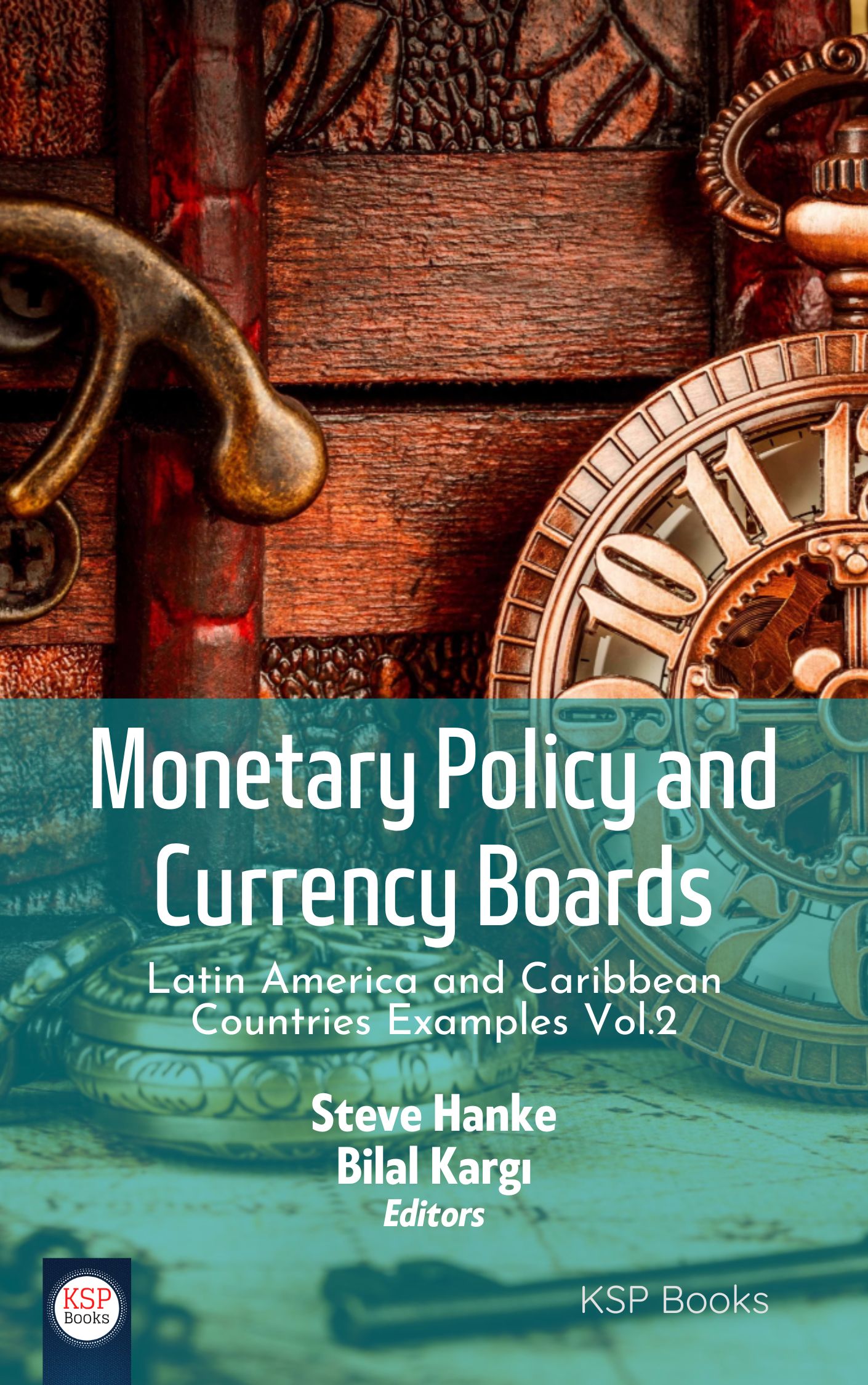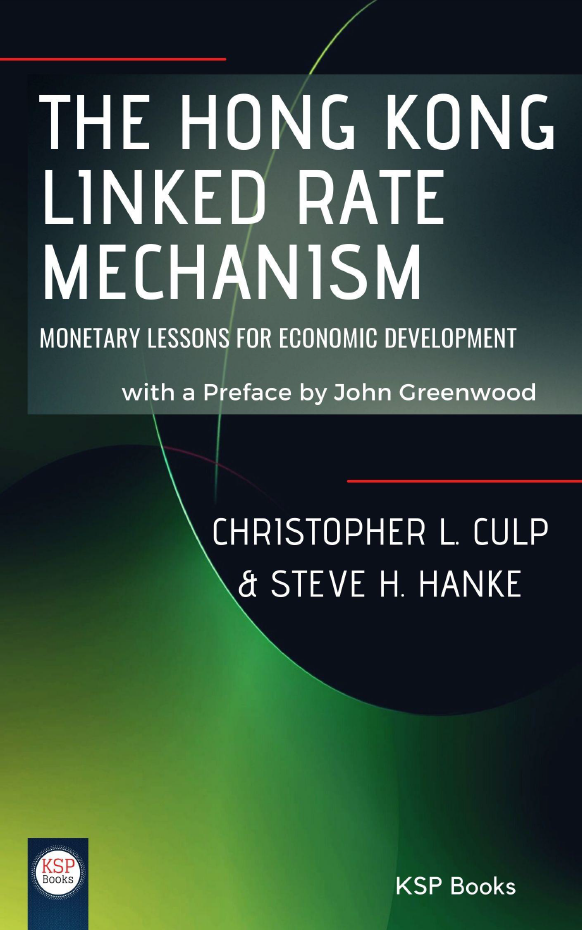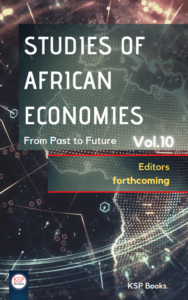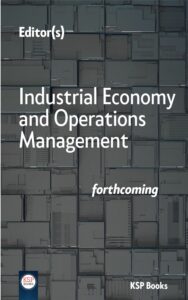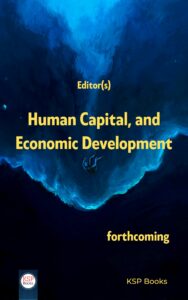By
Tamara Todorova
Department of Economics, American University in Bulgaria, Bulgaria
e-ISBN: 978-605-7736-99-4
Publishing Date: July 15, 2020
File Size: 2,080 MB
Length: xiii + 111 pages (PDF)
Language: English
Dimensions: 13,5 x 21,5 cm
 This Book is completely open access. You can freely read, download and share with everyone.
This Book is completely open access. You can freely read, download and share with everyone. 
This book is a study of the multinational corporation from the transaction cost perspective. The firm is a system of administrative relationships based on a nexus of contracts and the strong interdependence of specific assets. The firm substitutes the market mechanism when, in view of resource allocation and the existing transaction costs, it is a more costly instrument than the entrepreneur with his coordinating role. Using the theory advanced by Ronald Coase and Oliver Williamson we investigate some key features of the multinational corporation. We analyze the role of technology for the emergence of multinationals. This emergence is predetermined by scientific discoveries and technological innovations which shorten the geographic distances among economic resources in the world and allow cutting on organizational costs within the firm. The multinational firm is a complex hierarchical structure dispersed in many countries and aimed at replacing the international market in the allocation of global resources. The firm performs this task at less cost than the market. The more costly the different regional or national markets in which multinational firms operate, the greater the advantage of the bureaucracy, the more centralized the company and the lower the autonomy of the subsidiaries.
Some further findings are that there are specific risks for multinationals in their operations in the global market since there are various market failures present. Firms overcome those by internal organization, horizontal and vertical integration. Through intrafirm trade and transfer prices companies manage to capture externalities becoming thus a cheaper instrument of resource allocation than the market. The international division of labor transforms into intrafirm division, market pricing turns into transfer prices and the technological transfer turns into intrafirm exchange of technological knowledge and innovations.
Multinational firms are faced with transactional and behavioral opportunism in Eastern Europe, both from employees and contractual partners in market dealings. Multinationals have difficulty finding skillful management with western education and experience in the tradition and practices of the market economy. This hinders the role of management in substituting the market mechanism. Additional sources of risk and instability for multinational corporations in the region of Eastern Europe are the underdeveloped capital market, macroeconomic instability, consistent corruption and crime, political risks, lack of property right enforcement, etc.
Preface
Introduction
Chapter I
The firm from a transaction cost perspective
Some general remarks
The boundaries of the firm
Essence of transaction costs
Classification of transaction costs
Market structure and transaction costs
Perfectly competitive markets and transaction costs
Imperfectly competitive markets and transaction costs
Chapter II
Transaction cost model of multinational corporation
Prerequisites for the emergence of the multinational corporation
A transaction cost model of the MNC
The system of MNC and regional markets
Risk in MNC operations and type of market structure
Chapter III
MNCs in Central and Eastern Europe
Sources of risk and uncertainty for MNC in Central and Eastern Europe
FDI flows in CEE
References
Tamara Todorova
Department of Economics, American University in Bulgaria, Bulgaria
Tamara Todorova is a full-time associate professor at the American University in Bulgaria. She holds a PhD in economics from Varna University and an MBA from Columbus State University. Her main teaching areas are Microeconomics, Mathematical Economics, Economics of Reform and Transition, and New Institutional Economics. In 2006 professor Todorova was a Fulbright fellow at the University of California at Berkley where her faculty sponsor was Oliver Williamson. Her research interests are in the field of new institutional economics, the theory of the firm, transaction costs and transitional economics.
Related EconPedia Items



